Local History
The Village of Clinton and its surrounding area have a rich history full of stories and changes. Settlement of the community occurred in the mid-1800s with the discovery of gold and the development of the Cariboo wagon roads. The First Nations people who inhabited the land long before western settlement are known as the Secwepemc with traditional territory ranging over 150,000 square kilometres across central-eastern British Columbia.
In the mid-1800s following the discovery of gold in the area, a road was constructed from Yale while another was pushed through from Harrison to Lillooet which was known as Mile 0. From Lillooet the road continued a further 47 miles over Pavillion Mountain, around Kelly Lake and through Cut-Off-Valley to converge with the Yale-Cariboo road. The community that was formed at the confluence of the two roads became known as Junction or 47 Mile. In 1863 the townsite was officially renamed “Clinton” by Queen Victoria in honour of Lord Henry Pelham Clinton. READ MORE >
During the Cariboo Gold Rush, Clinton was a busy junction on the wagon road to the goldfields of Barkerville. The location of the settlement made it an ideal resting place for weary travelers and miners en route.
Once “Gold Fever” subsided, the ranching industry developed, some of the original ranches such as Maiden Creek Ranch, Mound Ranch, and Pollard Ranch are still operational today.
In the early 1950’s forestry became the mainstay of the economy. At one time, over 20 bush mills and sawmills operated in the area. Between the 1970’s and 2018, only one operation survived and acted as a large employer for the community. The region is experiencing a steady increase in tourism, and visitors from near and far come to experience the history and adventure of the area. Today, Clinton and it’s surrounding area boast many facilities and landscaped parks while still retaining the identity of a frontier town. On the main street you will find quaint shops, gas stations, motels, pubs, coffee shops, and restaurants, where one can enjoy a meal, rest, or explore the hidden treasures waiting to be purchased.
As Clinton evolves into the 21st century the community is working towards diversifying the economy and growing the population, ensuring community sustainability for years to come.
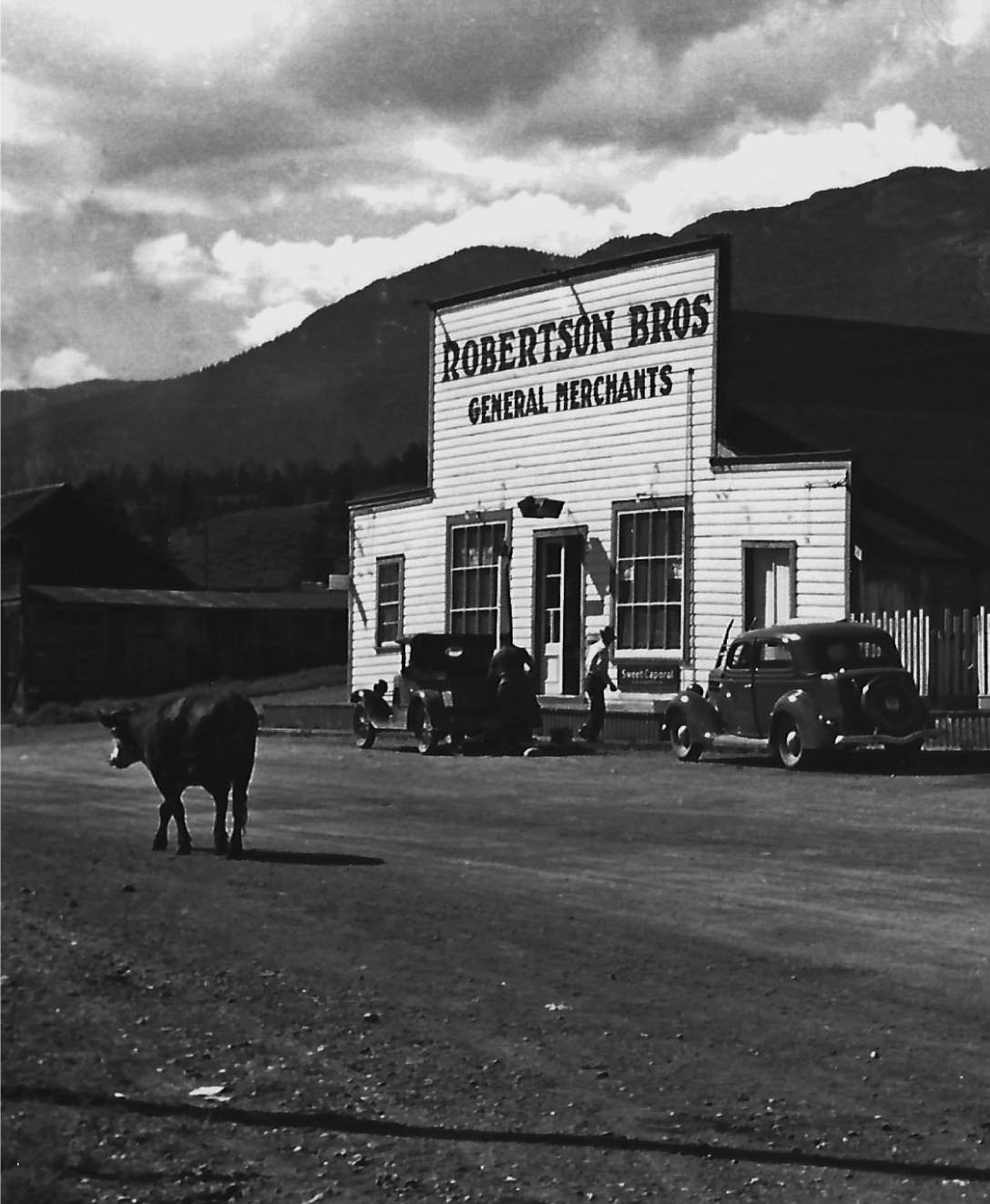
History Within The Village
Take a stroll through the Village and take in the rich heritage with historic buildings and sights. Pick up a copy of our Historic Walking Tour booklet from the Museum, the Village Office, or a local business to fully immerse yourself in the history of the Village. Below are a few of the many notable stops along the tour:
THE CLINTON MUSEUM
1419 Cariboo Highway
The Clinton Museum is located on the main highway in the heart of the Village of Clinton. The building which houses the Museum was built in 1892 and made from locally handmade bricks. READ MORE > The building served as a school until 1925 and was a courthouse from 1925 to 1955. The new courthouse was built next door and the brick building was taken over by the Museum Society in 1956.
ANTIQUE FIRE TRUCK
A 1925 model La France pumper, originally used by the Vancouver Fire Department up until the 1950’s, was given to Clinton in 1958. READ MORE >As a fundraising project, $1.00 tickets were sold and the lucky person whose name was drawn was given credit for ‘donating’ the fire truck to our town. The pumper still has most of its original parts.
THE GOVERNMENT STABLES
If you look closely at the west-facing wall of the Government Stables, lettering is still faintly visible. High atop the roof on the panels of the cupola, the year 1911 has been decoratively cut, the year of construction. READ MORE >It is not certain what department or how many horses were stabled in this building. The numbers could have included draft workhorses from the highways and forestry departments. The stables were moved from the Interior Roads Work Yard across the lane to the Clinton Museum property.
THE PALACE HOTEL
1416 Cariboo Highway
Located across from the Clinton Museum is the Palace Hotel, one of Clinton’s oldest buildings and originally built in 1862 as the LaForest residence. READ MORE >After Emile LaForest later sold the building it become the Palace Hotel and catered to the freight drivers who stabled their animals in the large barn next to the hotel as well as to teachers and Government Agents.
1861 CLINTON PIONEER CEMETERY
This prominent grassy knoll was donated for the use of a cemetery by the Smith family (owners of the Clinton Hotel). READ MORE >The first burial took place in 1861 and is dedicated to the Pioneers of the Clinton area. This cemetery is located off Highway 97 at the north end of Clinton.
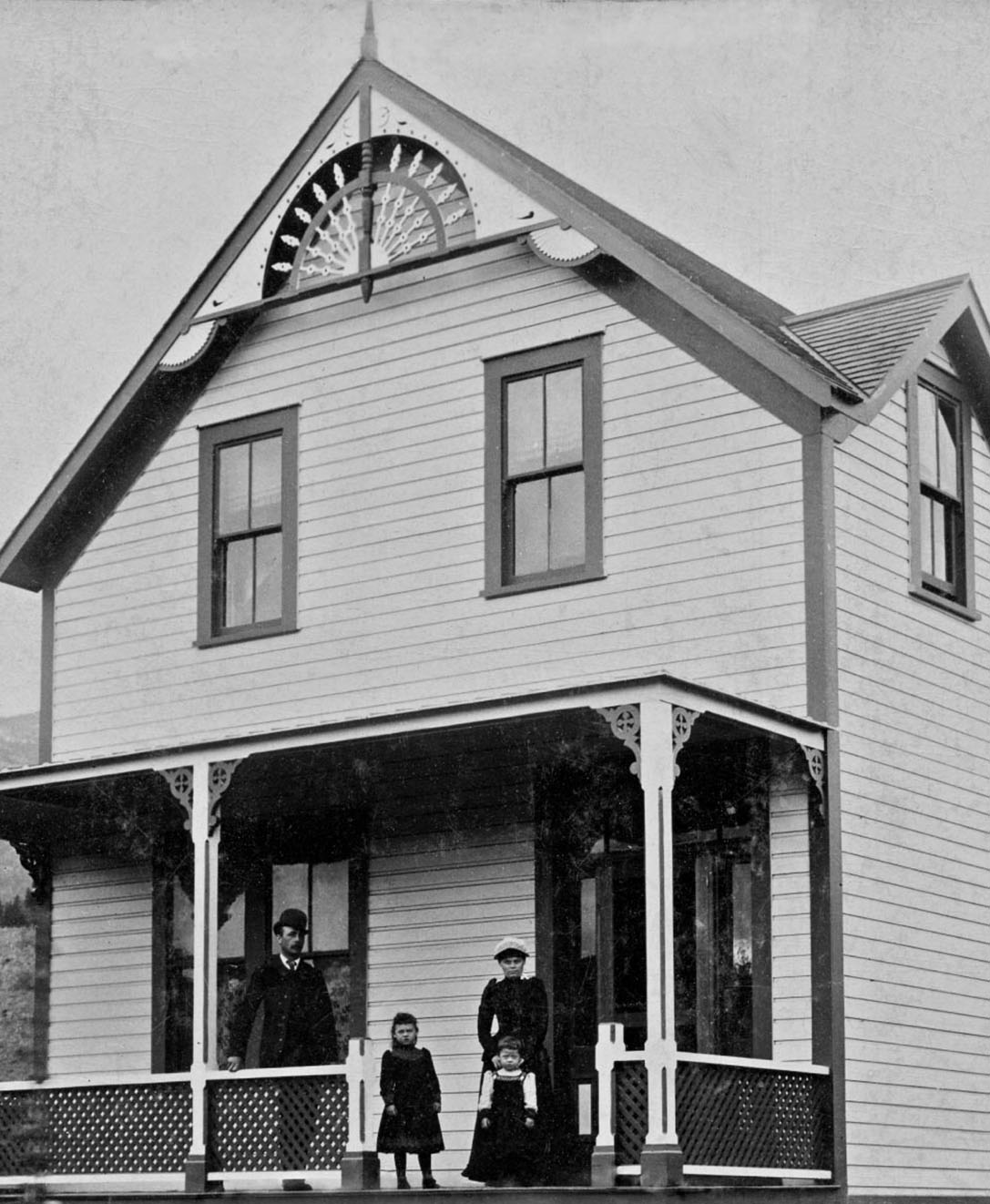
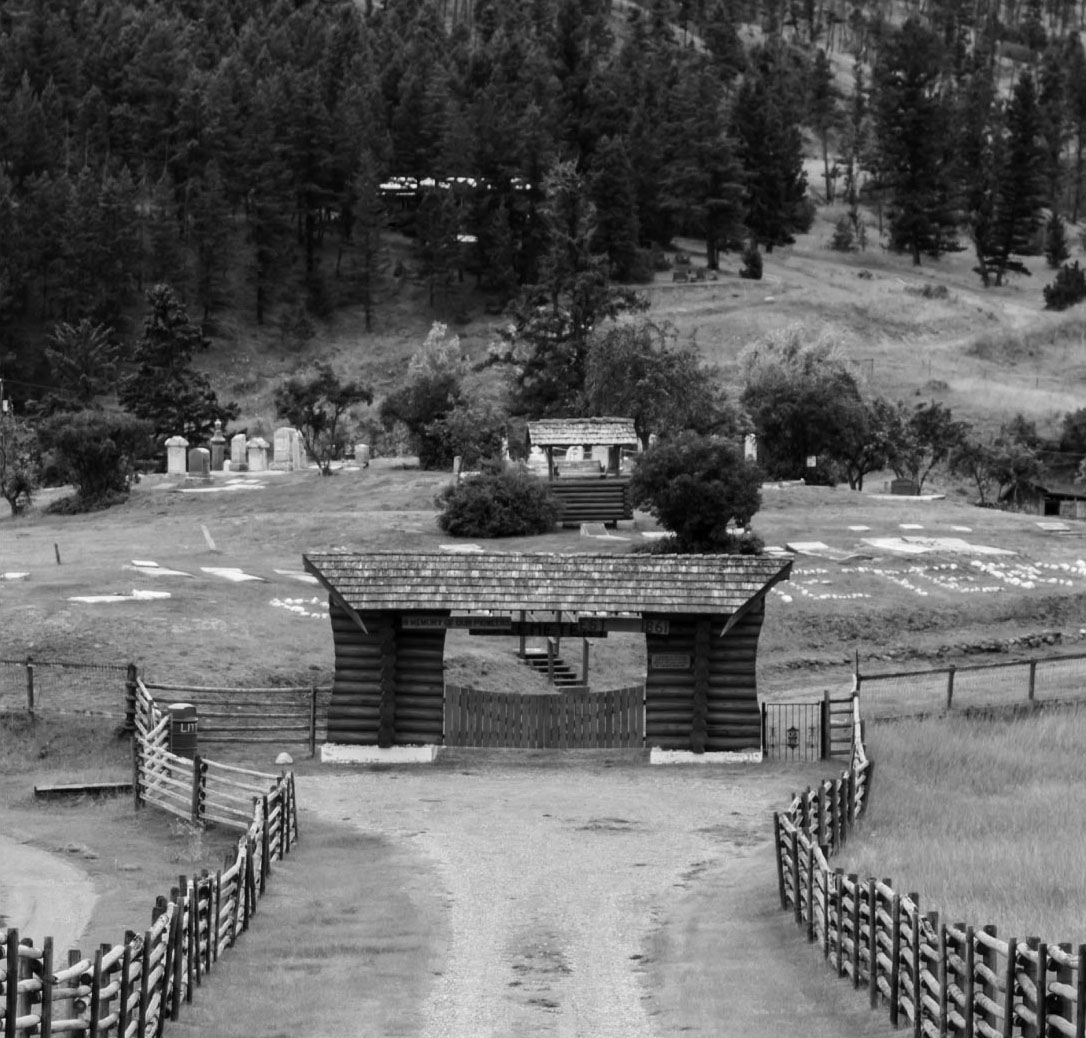
Local Sights
PIGEON RANCH
Meadow Lake Road
The Pigeon Ranch was homesteaded in 1875 by Joseph Pigeon. In the early days, this ranch was also a stopping place and roadhouse along the roads to Dog Creek and Gang Ranch.
JESMOND
The Coldwell Ranch was homesteaded in 1890 and has been in the Coldwell family since 1911. The post office was closed in 1965 and the store closed in 1970. It is now a private residence.
SODA WORKS
In the 1920s, 30s, and 40s washing soda was taken out of several lakes in the area. Blocks of ice were cut in the winter and left to melt on large log ‘boats’. Today, you can see the remains of a soda industry of days gone by.
BIG BAR FERRY
The reaction ferry is owned and operated by the Ministry of Transportation and Infrastructure. Visitors may ride across the mighty Fraser River, 35 km downstream from the famous Gang Ranch.
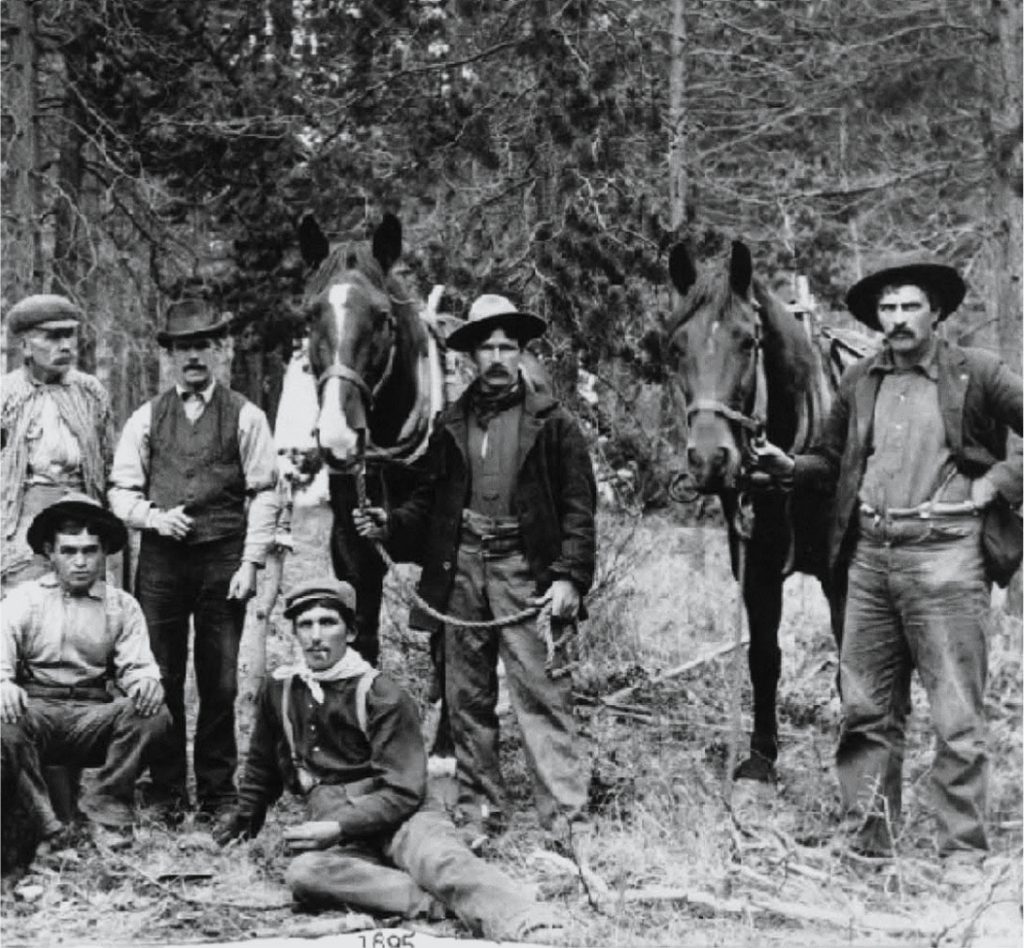
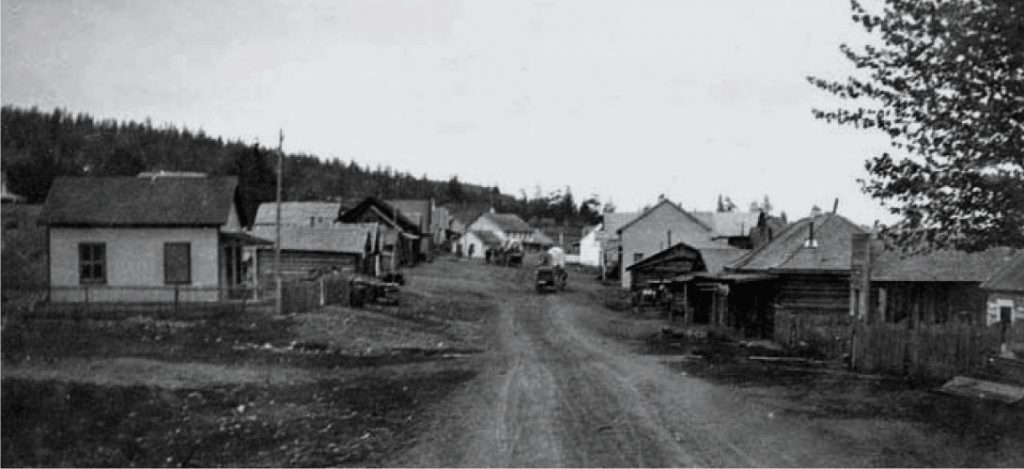
Photo Credits: Clinton Museum Gallery


 Community
Community Council
Council Reports &
Reports &